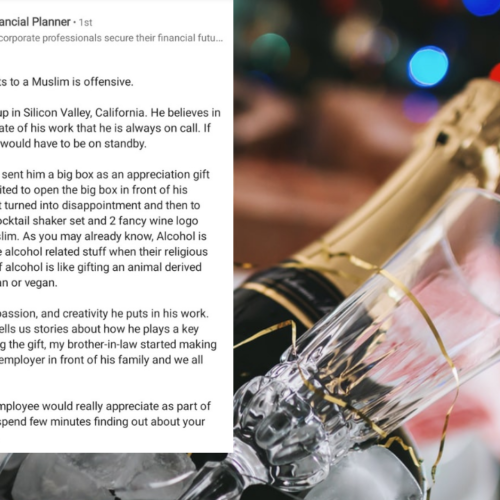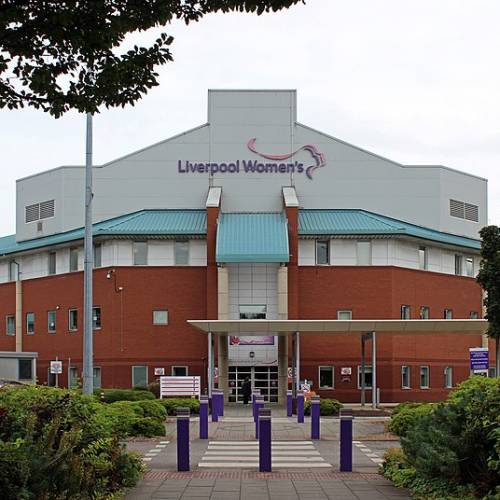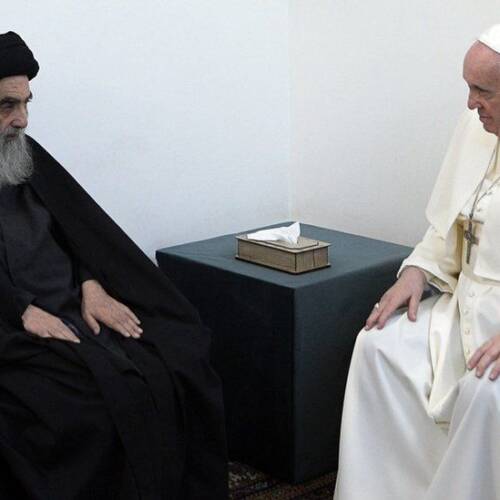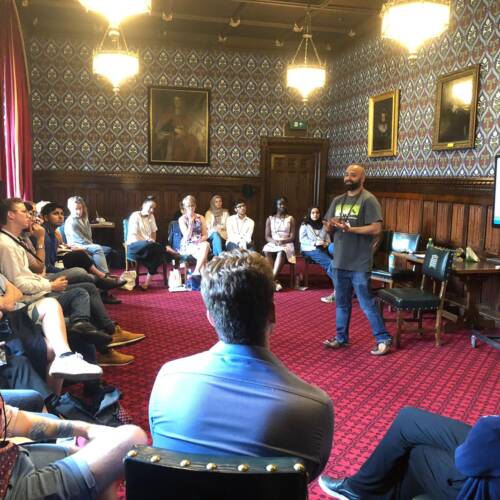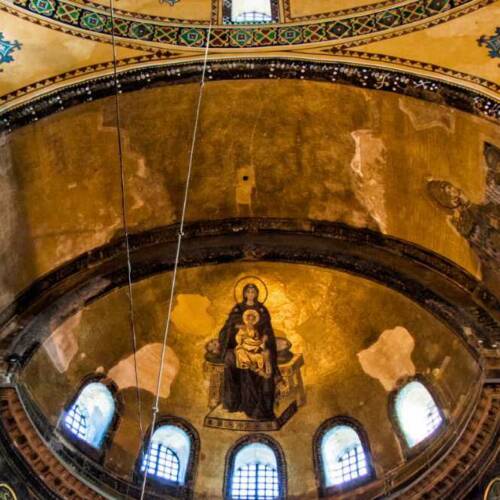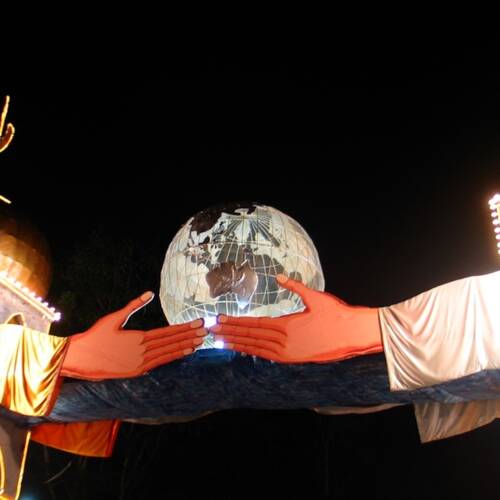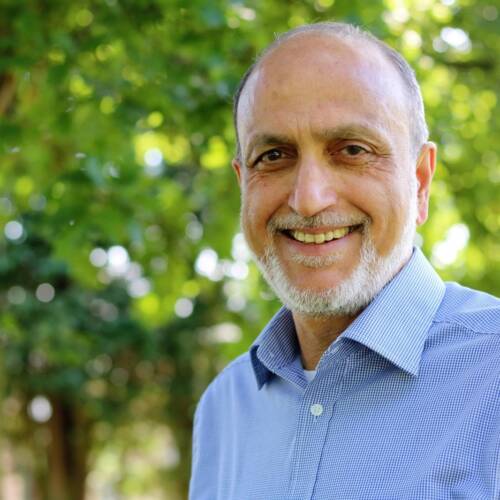
Why Interfaith Engagement is Important in Britain Today
29 Sep 2020‘Why do we need interfaith?’ is a question I ask myself at regular intervals in my interfaith journey. I’m often questioned why I continue to be involved in interfaith, which is tokenistic at best, preserves the status quo and brings little benefit to Muslim communities in Britain beyond some positive PR! I no longer attend interfaith meetings or events with few exceptions. I rarely organise an event unless it meets my wider objectives of providing a constructively critical approach. This is why I’ve committed to building a new model for interfaith through Christian Muslim Encounters: investing in research, education, community learning and leadership development.
The Interfaith Network highlights its ‘why’ in its vision: “of a society where there is understanding of the diversity and richness of the faith communities in the UK and the contribution that they make; and where we live and work together with mutual respect and shared commitment to the common good. Working to achieve this through: supporting and encouraging inter faith initiatives and sharing good practice between these; helping create opportunities for mutual learning and tackling prejudice; and offering opportunity for engagement between faith communities and Government and other public agencies on relevant issues.”
Eboo Patel in his book Interfaith Leadership, focuses on the quest for religious pluralism, coexistence, navigating disagreement and dissent whilst being able to find agreement and consensus. He identifies five civic goods of interfaith cooperation: (i) building bridges and being good neighbours; (ii) increasing understanding and reducing prejudice, strengthening social cohesion and reducing the chances for identity based conflict; (iii) building social capital and addressing social problems; (iv) fostering the continuity of identity communities and reducing isolation; and (v) creating a binding narrative for diverse societies.
My activism is rooted in servitude, becoming God-centric by serving humanity with this Urdu couplet being my guiding light:
Ibadat sai janat milti hai
Kidmat sai Khudah milta hai
Through worship you will attain paradise
Through servitude your will attain God
After delivering my first workshop on the Darul Uloom interfaith leadership programme, I learnt that we need to create more safe spaces for difficult conversations with our own communities, to listen in order to understand concerns and criticisms, and to walk together to address these concerns without judgement. This is particularly important if we want interfaith to move from being a fringe activity to being adopted more widely.
The focus of Christian Muslim Encounters has been on three key areas:
- fostering good relations informed by research;
- challenging Islamophobia; and
- nurturing a stronger more comfortable religious identity which can engage and relate to wider society and navigate differences respectfully.
Maulana Saleem Seedat and I have been developing a model for how to structure interfaith work, which allows participants to: (i) be good neighbours by creating opportunities for contact that facilitates friendship, dialogue and religious literacy; (ii) work towards the common good by fostering partnerships for community empowerment to find solutions to local and national issues; and (iii) to nurture interfaith leadership to inform public discourse. Christian Muslim Encounters does this by empowering communities to develop local solutions, by bringing together communities, leaders, academics, activists and practitioner for conferences, online discussions, 4 week introductory course, future faith leader training and education projects.
Shaykh Abdul Hakim Murad in his recent book ‘Travelling Home’ mentions, “The challenge is going to be for Muslim, Christian and Jewish conservatives to set aside their strong traditional hesitations about other faith communities and to explore the multitude of moral good that they hold in common. To date, clearly the interfaith industry has failed to catalyse this, partly because it tends to be dominated by liberal religionists.”
In my opinion, the challenge of our age is: how do we make interfaith representative of mainstream communities, which includes conservatives when liberal voices are the most dominant? If we want to create a critical mass to engage and empower more people to be involved by going beyond gatekeepers, we need ulema and scholars to develop a theologically grounded approach.
These are some of the questions that I believe require deeper exploration:
- How does scripture inform interfaith engagement?
- What examples from the sirah and hadith can we use as a basis for interfaith?
- How do we create a theologically grounded approach to interfaith?
- How can the Islamic history of coexistence during the medieval Iberian Peninsula (Convivencia) and India inform interfaith?
- How do we understand the criticism for interfaith and provide a theological response?
I conclude by reflecting on my visits to Clonard Monastery, situated on the border line between the Catholic Falls and Protestant Shankil. The Monastery is a centre with a mission for peace and reconciliation, bringing divided communities together for over a hundred years and developing a fellowship for friendship towards peace during ‘the troubles’ by bringing together politicians to begin a dialogue on a peaceful way forward out of conflict which inevitable led to the peace treaty. It was during one of my visits that I stumbled across Nostra Atatae, a Vatican ‘Declaration on the relationship of the Church to non-Christian religions’. A Catholic priest circulated extracts of Nostra Atatae with the Preston Unity Statement to the congregation – it was an act of interfaith solidarity and standing up against the far right. A copy of leaflet can be seen below:


I strongly believe that interfaith engagement is a great way to learn about the rich tapestry of religious diversity in Britain today. I will be exploring this further next month when we explore Christian Muslim diversity and the intersection of intrafaith with interfaith.
I look forward to you joining us for the next Christian Muslim Encounters webinar on this very topic, ‘why interfaith?’ on Thursday 15th October at 12-13.30. Please RSVP here.
The first webinar on Moving Beyond Tea and Samosa Interfaith can be found below:
Further Reading
A common word between you and us
QURANIC MOTIVATION FOR INTERFAITH DIALOGUE Dr Musharaf Hussain
Effective Dawah in the west by Shaykh Abu ‘l-Hasan ‘Ali al-Nadwi (1982)






